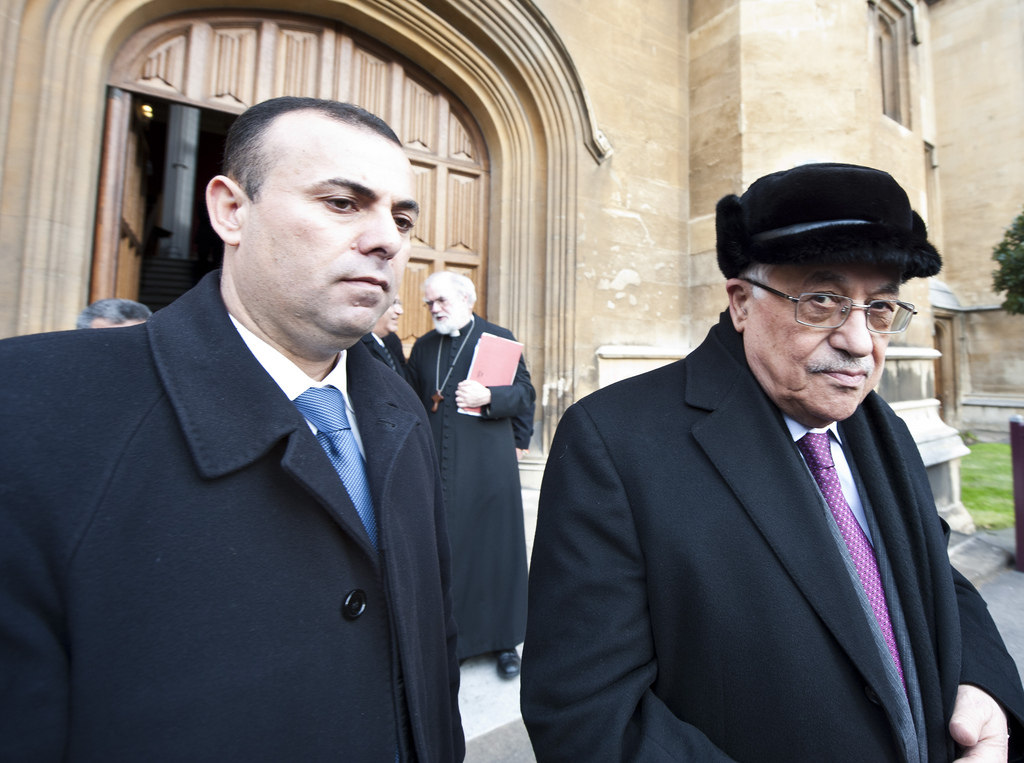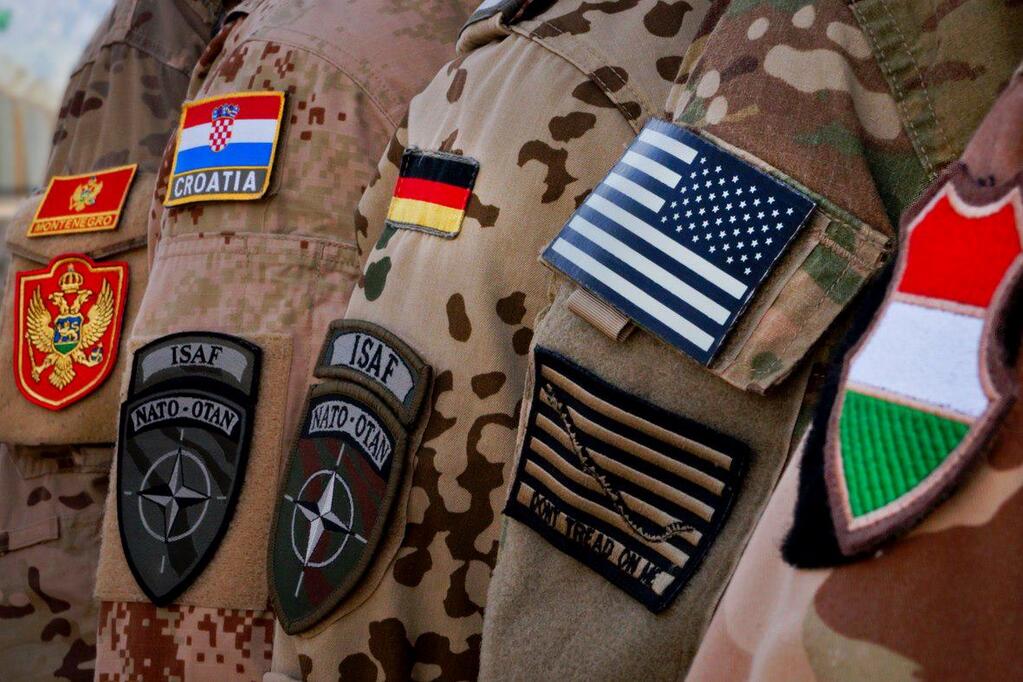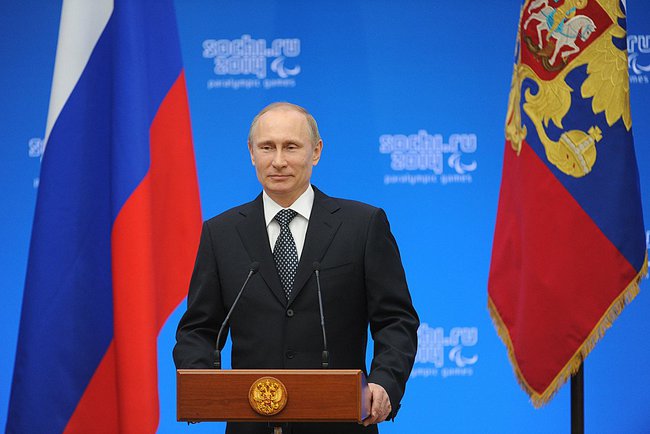
Elections, like fighting, are a pretty good way of resolving information problems. I spent a few rounds with this handy, Haaretz “build your own coalition widget” last week and quickly found the same 67 seat configuration that Israeli President Reuven Rivilin recognized when he tapped Netanyahu to form the next Israeli government on Wednesday night. Although there is still some horse-trading around who get’s which ministry (which hard line small party will get the defense portfolio, which religious party will get education), it is all but certain that the next Knesset will have a distinct “national” and “religious” with Kulanu for populist cover. More importantly, if you drill down into the particular agendas of the six parties haggling over their stake in the coalition it becomes evident that security and settlements are the glue that holds them together. In fact, this is the first coalition in a while that is likely to govern for a four full years.
Post election back-peddling notwithstanding, there is no way that the next Israeli government can credibly commit to a negotiations process that ends in the creation of a territorially contagious, economically viable Palestinian state. And with that clarity,
Palestinian President Mahmoud Abbas and the Palestinian Authority must decide their next move. With Palestinians from Jenin to Jericho projecting the same coalition calculus onto their own futures, there is simply no way for Abbas to stay the course of negotiations and survive.
By most accounts, the temperature in the West Bank is already at the boiling point. While he has gotten some breathing space by carrying through with his treat to join the International Criminal Court, Abbas will be hard pressed to explain the value in maintaining “quiet” on the street and conducting joint raids with Israeli forces if there is no credible political horizon. With the door to a bilateral solution slammed on his foot, Palestinian President Mahmoud Abbas must quickly present his constituents with a new strategy for ending the occupation or be swept aside.
Realistically, Abbas has two options: suspend security cooperation or double down on diplomacy. While the situation in the territories is ripe for a new uprising, all indicators suggest that Abbas’ is leery of releasing the tidal wave of pent up Palestinian frustration. First, he has steadfastly upheld the PA’s security commitments, even during the bloodbath in Gaza last summer. Second, he has nothing to gain and everything to lose should the street return to armed struggle. Unlike his predecessor, Abbas is the father of Oslo and not the struggle. A third intifada will be an ignominious ending to his effort to lead the Palestinians on a peaceful path to self-determination.
Unfortunately, he is running out of time. Not only are the Palestinians fed up with the peace-process, the Israelis are too. It is likely that the new Israeli government will attempt preempt the possibility of the PA dissolving itself and handing in the keys to the West Bank cities and towns by announcing a unilateral disengagement from the West Bank akin to Sharon’s 2005 departure from Gaza. They are also likely to file their own counter-claim in the ICC. Such moves may keep a shaky stasis like the one that exists with the Gaza Strip, but the cycle of violence will certainly expand in scale and tighten in frequency. Thus, if Abbas is going to survive this round, he has to play the few cards left in his hands. And while his preferred option is unilateral diplomacy, it will ultimately be President Obama who decides which path he takes.
To illustrate his dilemma (and my feeble grasp of game theory) let’s diagram Abbas’ options using a crude decision tree. Option 1: ceasing security cooperation is suboptimal as it will certainly precipitate a vote in congress to end all funding to the PA and bring about the PA’s swift collapse. While Fatah will get points for choosing resistance over collaboration, Hamas will also join the fight. Given Fatah’s weakness, they will gain little by fighting Hamas at the outset and the situation will turn ugly fast. Abbas is unlikely to survive politically and will probably seek refuge in Jordan while his rivals duke it out for the next chance to lead the losing battle. Not a happy outcome to say the least.
However, the problem is that option 2 isn’t viable without US support of a resolution – overt or tacit. If the United States continues its policy of providing Israel cover in the UN, Abbas will leave the UN with egg on his face. In fact, it is unlikely he will try. Instead, he would most likely redouble his efforts to mend fences with the Palestinian factions and let security cooperation lapse with the rest of Oslo’s power-sharing institutions. If he is going to die in comfortable exile in Amman, he will do so of his own accord and not because he allowed himself one final humiliation at the UN.
At this moment, signals from the White House may give Abbas some hope but they are far from unambiguous. There is also no question that the Iran deal means far more to Obama than Palestine. If Kerry succeeds in getting a deal with the Iranians that has the backing of the Europeans, Obama will need every democratic Senator and congressman behind him. You don’t need calculus to figure the difference between the number of US Senators and Congressman who “skipped the speech” and the numbers needed to block a veto over-ride. If Obama will validate his Nobel Prize via an agreement with Iran he will need the support of historically pro-Israel members of his congress. However, if Israel continues to apply the pressure needed to scuttle the Iran deal deal, he may feel emboldened to support a Jordanian sponsored resolution on ending the occupation at the UN.
Either way, the next few weeks will be very telling.








